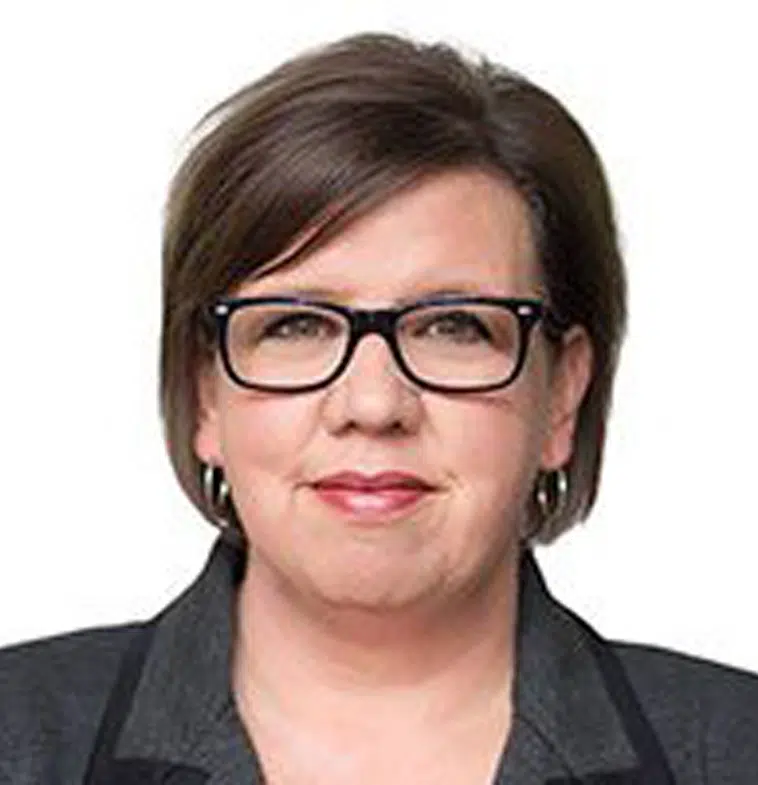 Depression, anxiety, performance failures (failure to launch), emotional trauma, domestic violence, or sexual abuse are just a few of the reasons many otherwise bright, empowered women turn to drugs and alcohol. For some, that momentary reach for something to dull the issue at hand can lead to abuse and addiction. The 2019 National Survey on Drug Use and Health reports that 14.5 million people ages 12 and older have an Alcohol Use Disorder, 5.5 million of which are women. The National Center for Drug Abuse Statistics finds that 53 million Americans have used illegal drugs or misused prescription drugs within the last year. Drug abuse and misuse of prescription drugs is marginally more prevalent in males (22%) versus 17% of females, yet women make up only 20% of people in drug treatment. Bottom line, abuse and addiction are problems unrelated to age, race, or socioeconomic status. And women are largely going untreated, except at Soledad House.
Depression, anxiety, performance failures (failure to launch), emotional trauma, domestic violence, or sexual abuse are just a few of the reasons many otherwise bright, empowered women turn to drugs and alcohol. For some, that momentary reach for something to dull the issue at hand can lead to abuse and addiction. The 2019 National Survey on Drug Use and Health reports that 14.5 million people ages 12 and older have an Alcohol Use Disorder, 5.5 million of which are women. The National Center for Drug Abuse Statistics finds that 53 million Americans have used illegal drugs or misused prescription drugs within the last year. Drug abuse and misuse of prescription drugs is marginally more prevalent in males (22%) versus 17% of females, yet women make up only 20% of people in drug treatment. Bottom line, abuse and addiction are problems unrelated to age, race, or socioeconomic status. And women are largely going untreated, except at Soledad House.
Soledad House provides women with a safe supportive space where they can heal. Executive Director, Shana Shaterian Penny, M.S., helps women who find themselves at the mercy of their drug and/or alcohol problems by being a role model and motivator to women who were once hopeless, and are creating a life filled with purpose, meaning, and serenity. Shana said, “People who are addicts or alcoholics, they are using substances to escape some type of reality, they are looking to take the edge off – every single day.”
 “15 years ago, people were drinking too much – that’s all. Now, they’re drinking too much and they have anxiety, depression, bipolar, suicidal ideations, gambling problems. Today the problem is becoming more and more complex. Everyone is looking to not feel how they’re feeling; they need to escape.” Shana added. “Social media makes it so much worse – we’re just seeing highlight reels, but it absolutely makes women, who are struggling, feel like they’re not good enough, like failures, which is a basic theme for women, that they’re not good enough.”
“15 years ago, people were drinking too much – that’s all. Now, they’re drinking too much and they have anxiety, depression, bipolar, suicidal ideations, gambling problems. Today the problem is becoming more and more complex. Everyone is looking to not feel how they’re feeling; they need to escape.” Shana added. “Social media makes it so much worse – we’re just seeing highlight reels, but it absolutely makes women, who are struggling, feel like they’re not good enough, like failures, which is a basic theme for women, that they’re not good enough.”
Helping women reclaim their lives and return to their homes, families, and communities with the knowledge that they are good enough is what the work at Soledad House is all about. A “Recovery Program for Women” specializing in women’s addiction treatment, Shana and her team, some in recovery themselves, offer programs for drug and alcohol addiction in a healing environment with an emphasis on relapse prevention, faith-based rehab programs, and a range of addiction treatment therapies. And with 70 beds spread among nine sober living residences, Soledad House is often the step between rehab and a successful return to life.
“Many people believe that with a 30-day residential program, they’ll be fine. The reality is, you aren’t going to solve the problems that led you here in three or four weeks; you simply can’t address it all,” Shana said. “There is no magic wand, no magic pill, so a big piece is the person has to want this. We will help them build a solid foundation, but it comes down to the person wanting it for herself.”
Shana is familiar with what it means to want to change. She struggled with her own issues when she was younger, as many women have – dabbling, depression, anxiety, codependence, performance “failures” – but today when she looks back, she realizes that it all turned out exactly the way it was supposed to. She entered the field serving first as an executive assistant at a different rehab center before making the move to Soledad House 10 years ago, and she hasn’t looked back. She said, “I truly just love what I do. I love the opportunity to sit down with another woman and let her know that hey, it’s okay, I’ve struggled. I got through it, and this is what my life looks like today. It’s such a gift to share hope with these people who were once hopeless. I was there. The people that work here, they were there too, and I think that a big piece of recovery is sharing and giving back what was so freely given to us.”
“Top 10 List” of behaviors to look out for in yourself or others:
- Neglecting responsibilities with work, school or family.
- Spending more time with friends who are drinking or using (to normalize it).
- Isolating at home.
- Engaging in secretive or suspicious behavior.
- Displaying signs of anxiety or depression.
- Suddenly losing their sense of purpose or achievement.
- Showing changes in personality, attitude, or sudden mood swings or irritability.
- Noticing changes in physical appearance, sleep patterns, or moods.
- Experiencing financial or legal troubles.
- Drinking or using with a significant other frequently.
Soledad House is based in San Diego, yet nearly 75 percent of their clients come to them nationally, with only 25 percent from California. Shana feels Soledad House is blessed to be a destination facility. “A lot of our clients come from small towns or states without a lot of robust treatment options, and for some people leaving town is the best course of action. When you’re here with us, with other women your age, you have a support system. We have people here 90 days on average. The longer people stay in treatment or in a structured environment, the better chance of long-term success.”
Through foundational pieces put in place during a client’s stay and a comprehensive after-care program, Shana and her team work hard to support the women who have turned to them for help and give them the tools they need to build or rebuild their lives. The methods they use are definitely something Shana feels we can all use to support women dealing with addiction issues, and truly anything else. “As women in general, it’s important for us to not lose sight of the issues that women deal with. Women are sensitive; we care; we have so much love. In the workplace, at home, in the community we have to support women; we have to lift them up.”
“Part of the thing I love about my job is that I get to create a workplace that supports women.” Shana said. “Not judging–go the extra step and ask, how can I support you? Compassion and grace. The more work environments like that we can create, the better we will all be.”
If you ever reach a point where you are concerned about your own issues, or those of someone you love, Shana and her team at Soledad House are standing by to help. “Just don’t give up – don’t lose hope – get help yourself if you need it. Call us – we have a plethora of information we can give you, and free resources nationally. If you have questions, we would love to answer.”
For more information go to www.SoledadHouse.com, or call 1-866-314-3222.

